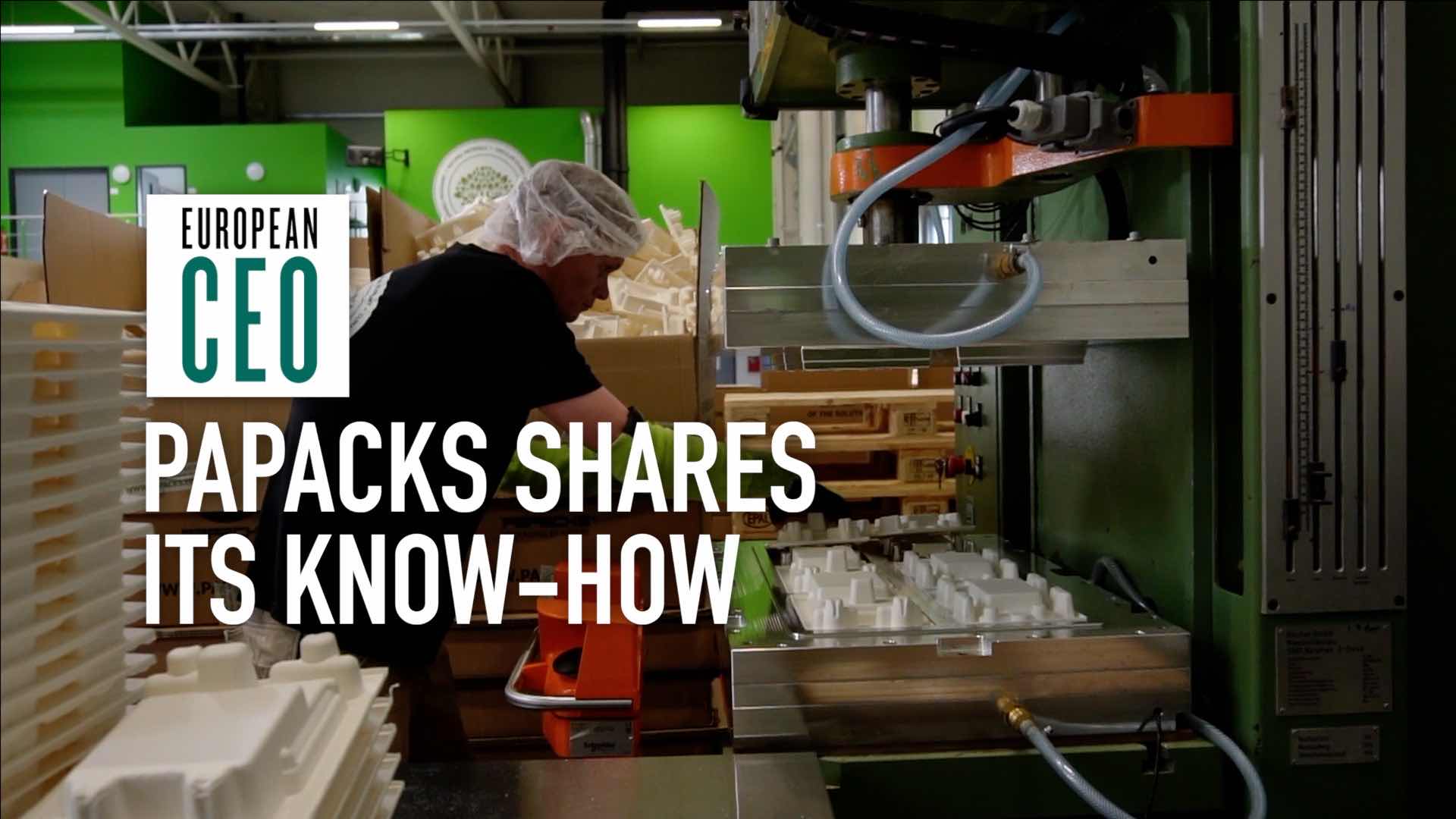Pain points for tax depts: Reporting, determination, data management
Rebecca Polley discusses the three main challenges that Vertex helps tax departments manage
Transcript
In the third part of our interview with Rebecca Polley, she discusses the three big pain points that Vertex is helping tax departments control. First, reporting requirements: authorities are increasingly requiring transaction-level and/or real-time data. Second, determination: what taxes are payable in which jurisdictions, when supply chains run across multiple borders? And third, data management: how do you accurately and reliably process trillions of lines of data?
Find out more about end-to-end VAT management with Vertex.
The first two parts of our interview with Rebecca Polley are here:
India and GCC embrace tax technology in new GST and VAT regimes
What eCommerce and retail businesses need to know about US sales tax
We’ll be publishing the final part of our interview with Rebecca Polley next week, so do subscribe to European CEO on Youtube.
European CEO: I’m with Rebecca Polley from Vertex, and we’re discussing the challenges faced by indirect tax departments around the world.
What are the top three recurring challenges that tax departments are asking you to manage?
Rebecca Polley: What we’re hearing from our customers is really pain points around the reporting requirements: some of the trends that we’re seeing are requiring customers to submit detailed transaction-level data to the taxing authorities. That’s something that we haven’t really seen in Europe before, and that’s going to require changes in companies’ approaches.
Other areas where they see challenges is on the determination side: what is the amount of tax that needs to apply to a particular transaction.
And finally in that data management piece, tax departments are working with data that are very large in volume and we believe that’s going to require a technology solution to be able to support that process.
European CEO: Let’s drill down into those one by one; so which jurisdictions are requiring this transaction-level data?
Rebecca Polley: So for example we’re seeing in Spain they’re rolling out a new reporting requirement. And it’s not just the tax amount, there’s actually data that they’re requesting that actually helps describe the transaction that actually takes place between the two trading partners. They’re really looking to try to focus their efforts and their resources on those taxpayers that are trying not to comply and then ensuring that the taxpayers that are on a compliant basis can be left to continue to do their business.
European CEO: The determination challenge was the second one you mentioned; give me an example of the kinds of complexities that are at work here.
Rebecca Polley: Yeah you’ve got VAT groups that have a lot of cross-border transactions between them. Those obviously are not taxed at standard rates. Triangulation is another topic that comes up in Europe. And these are all areas where companies have set up supply chains to optimise cost. But these then do run across borders, and that’s typically where you see challenges in the tax determination space.
European CEO: And finally you talked about data management; talk to me about the scale of the issue here, the volume of data that you’re talking about.
Rebecca Polley: We have customers that for example are dealing with trillions of lines of data. And if you’re thinking about having to submit all that data to the taxing authorities, you want to have a tool in place where you can bring that data in, ensure that it actually has all of the pieces that are required from a tax perspective, because under some of the new regimes like the Spain SII and what we’re seeing in Poland, non-compliant transactions are actually going to be sent back to companies for rework and then resubmittal.
European CEO: I mean ideally you want the same kind of technology in your own company that the tax authorities are using to check everything.
Rebecca Polley: Absolutely. There are technologies out on the marketplace today that are getting close to that. I mean we’re seeing tax authorities looking at things like machine learning; some of the advanced analytics and robotics that we’re hearing about today. IBM Watson is a great example of that.
We’re looking at that as well, as a technology vendor: how we can best implement some of that new technology in empowering our solutions. Because we want to ensure our customers are best equipped to meet these new reporting requirements that are coming at them very, very quickly.
European CEO: Rebecca, thank you.
Rebecca Polley: Thank you.


 Papacks CEO: ‘Working with sustainable impact makes people happy’
Papacks CEO: ‘Working with sustainable impact makes people happy’ Papacks goes global by sharing molded fiber technology in licence model
Papacks goes global by sharing molded fiber technology in licence model Think circularity: Molded fiber is the sustainable future of packaging
Think circularity: Molded fiber is the sustainable future of packaging